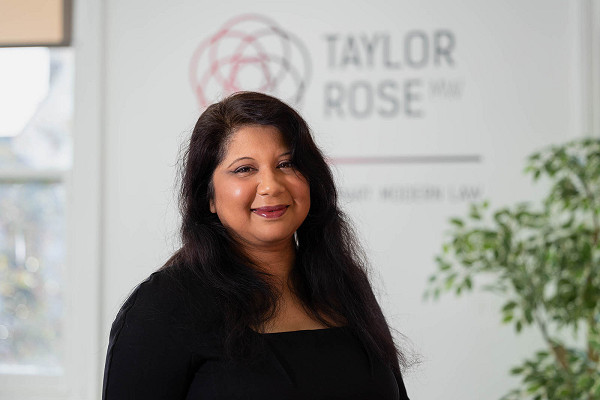CLOSE SEARCH

If you are considering a discretionary trust, either during your lifetime or as part of your will, experienced advice and careful planning are strongly recommended.
Whether you're considering creating a trust, acting as a trustee, or reviewing existing arrangements, we provide practical, clear guidance to help you make informed decisions. We combine technical expertise with a straightforward approach, ensuring you understand all available options.
Our experience includes :
The planning stage - deciding whether a discretionary trust is the best option
Drafting - the trust deed and other supporting documents
Advising on choice of trustees - and any specific instructions and limitations on trustees discretion and powers
Trust administration - setting up the trust, transferring assets and ongoing advice and compliance assistance.
Contact us for an initial consultation to discuss whether a discretionary trust suits your circumstances, or whether alternative arrangements might better meet your needs.

-400.jpg)

Telephone -
9am to 5pm

Partner - Private Client
Malina is a Private Client specialist and has experience in drafting and advising on all types of trusts.
Call our team or fill out the form below and we will get back to you as soon as possible.
Telephone opening hours -
9am to 5pm